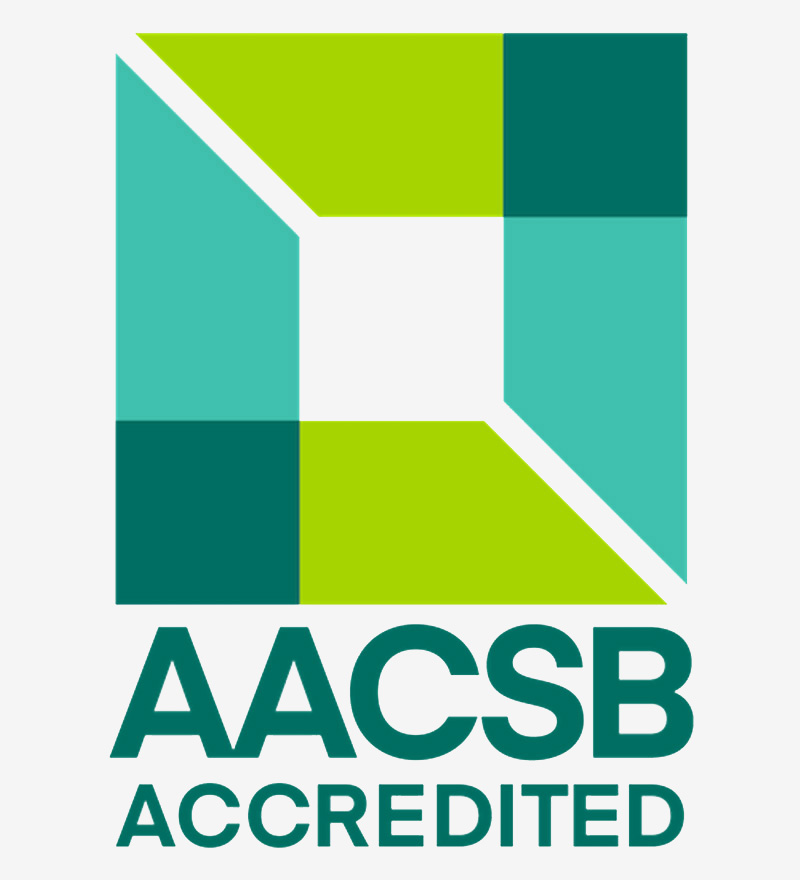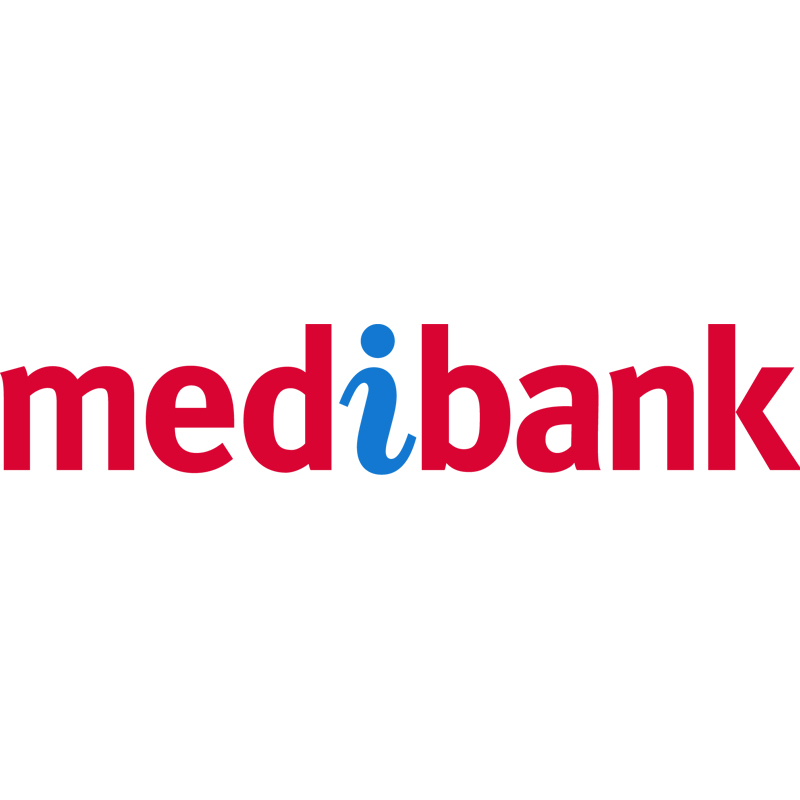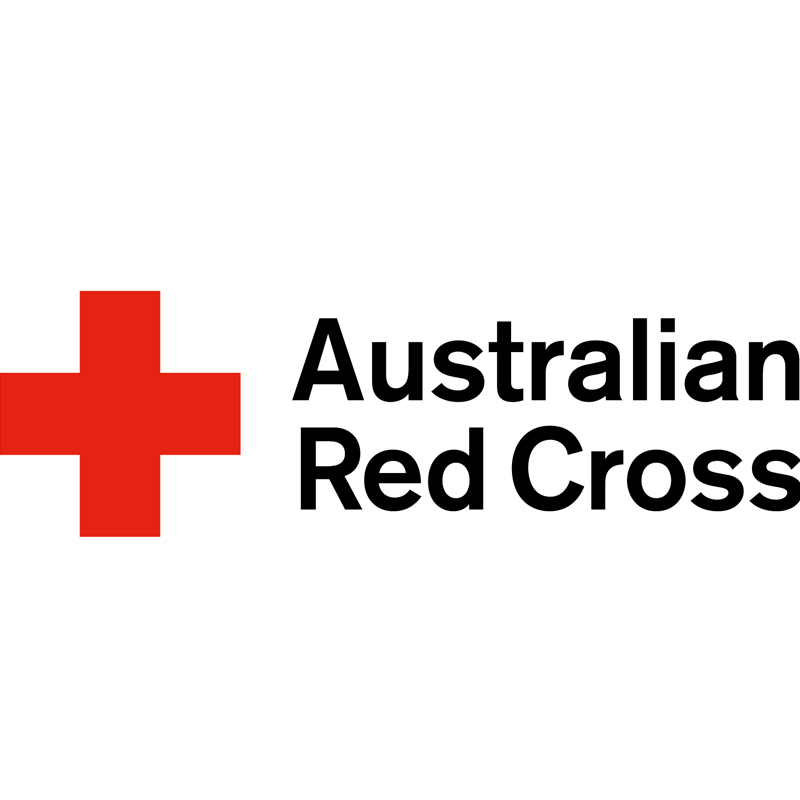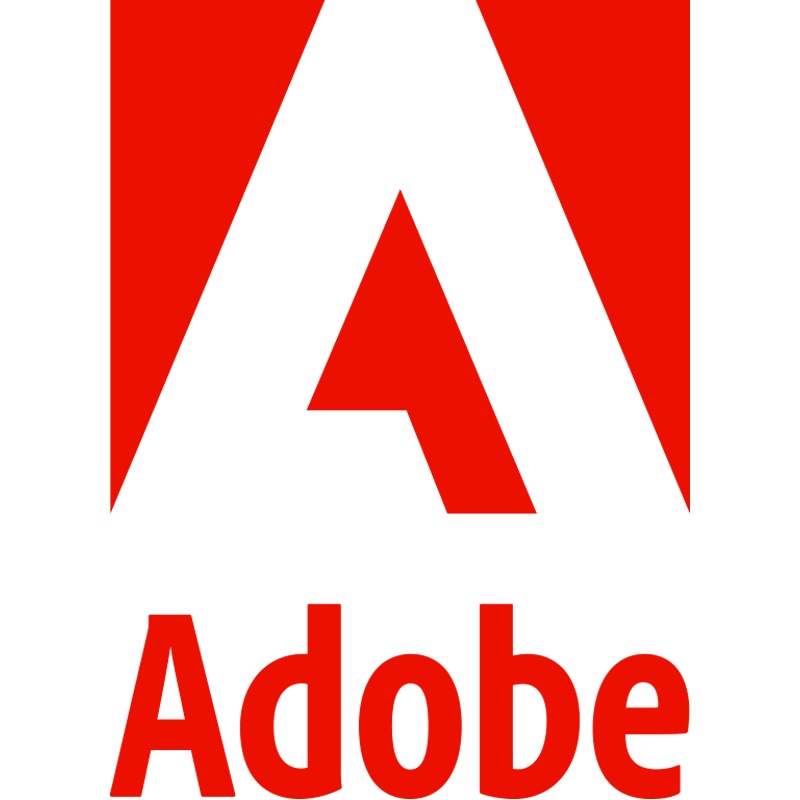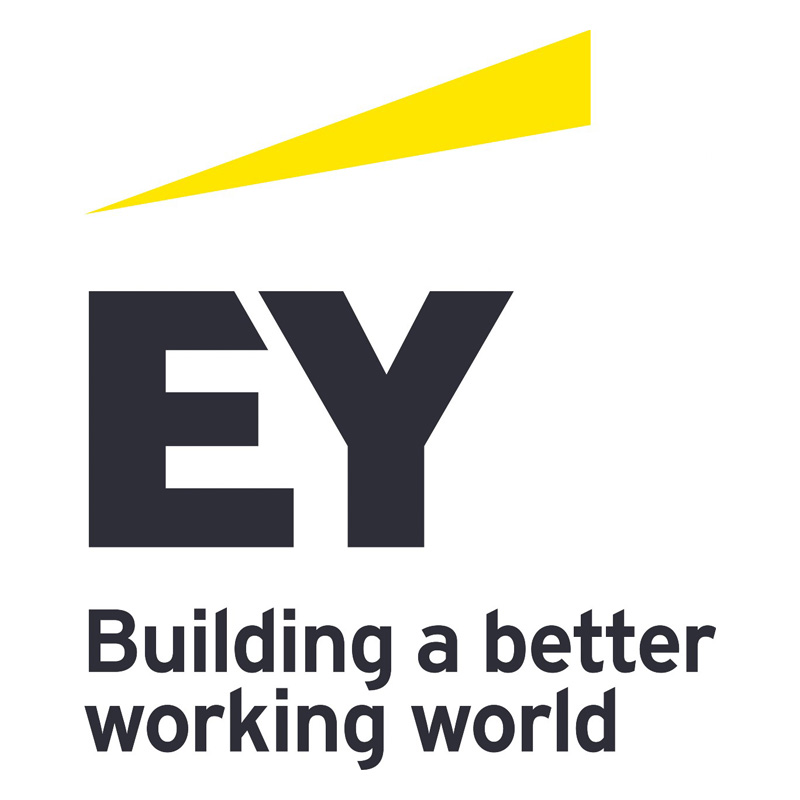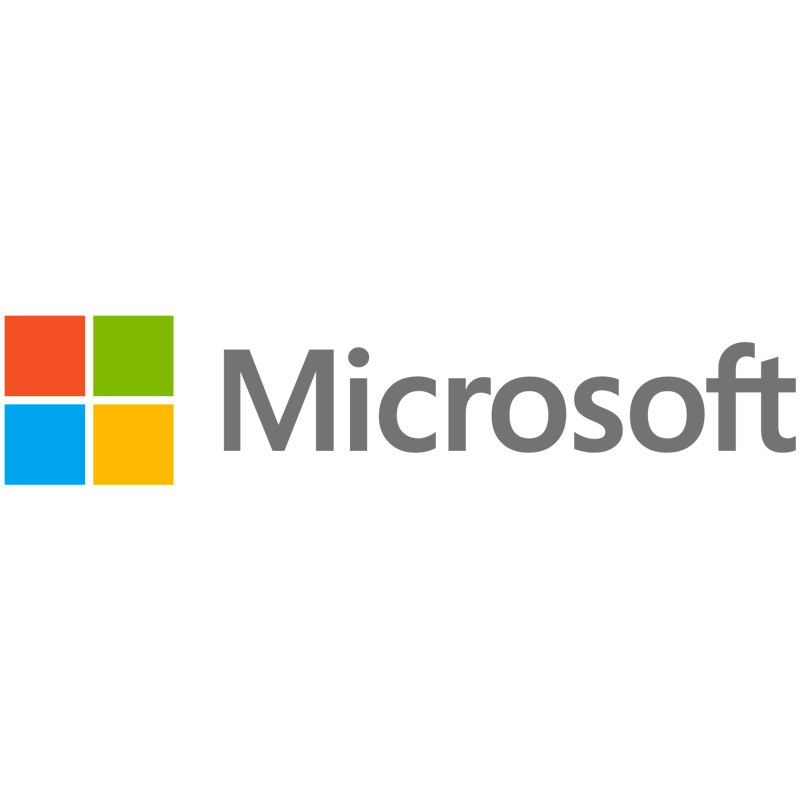Westpac Young Technologists Scholarship
For students commencing a technology-related degree; worth up to $15,000.
M80 Ring Road Pathways Scholarship
For students who identify as a woman or non-binary enrolled in programs of significance to M80 Ring Road; worth up to $10,000.
Hay and Backman Supply Chain and Logistics Scholarship
For students enrolled in supply chain and logistics programs; worth up to $10,000.
GS1 Australia Supply Chain Scholarships
For Bachelor of Business (Logistics and Supply Chain Management) students who can demonstrate circumstances which impact their study; worth up to $40,000.
Cheng King Law Scholarship
For vocational and undergraduate students studying property, accounting, commerce, economics, finance, and financial planning who are from a diverse background and/or can demonstrate circumstances which impact their study; worth up to $40,000.



